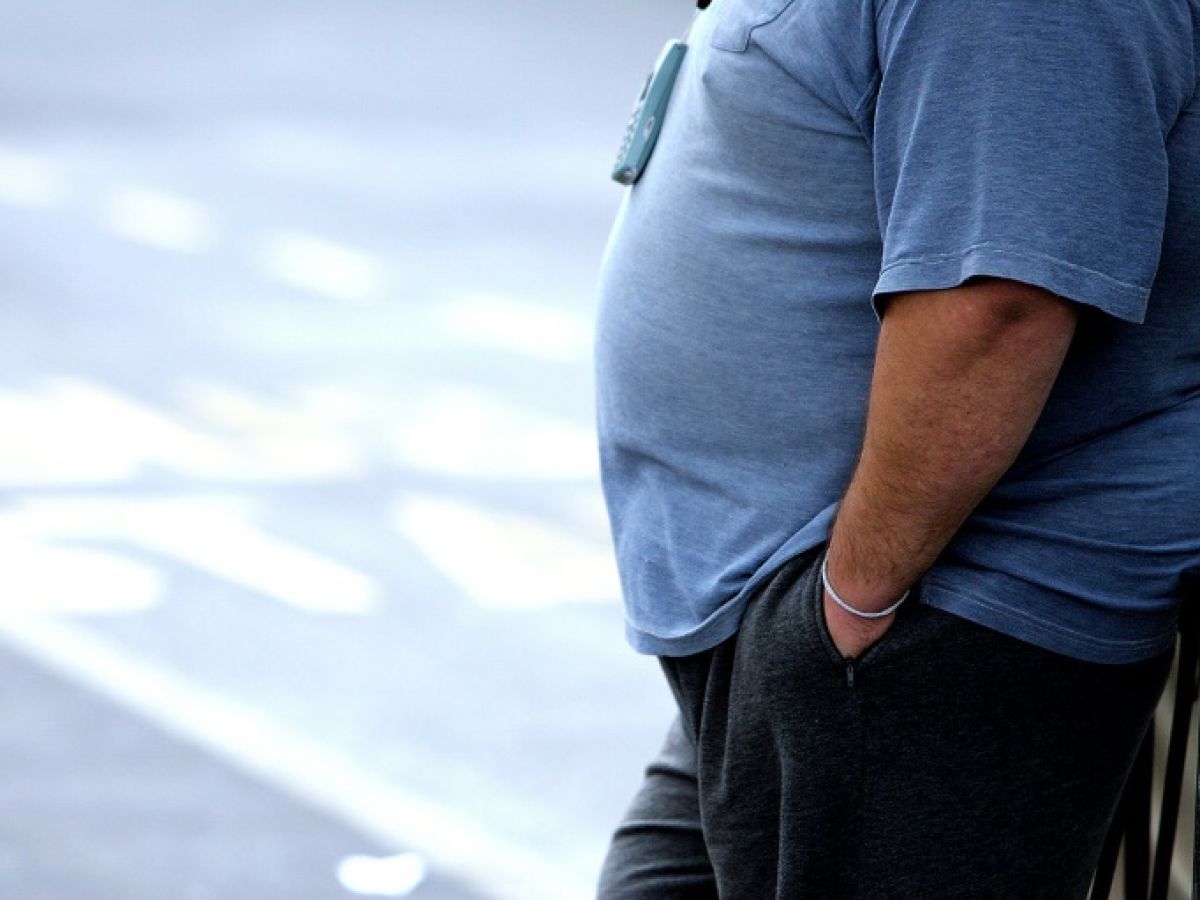"The idea that obesity is a disease is at the heart of one of the most controversial and divisive debates in modern medicine," summarizes the work published Wednesday, January 15, 2025 in the Lancet Diabetes & EndocrinologyThe long article is signed by several dozen obesity specialists. They have agreed to redefine the way in which this condition is defined, as well as the problems it represents on the medical level.
The subject is very delicate because it regularly provokes fierce debates that go beyond the medical community alone. We know that obesity is associated with a wide range of pathologies such as diabetes or cardiovascular diseases. But for some observers, an obese person can sometimes live in good health and their excess weight should, then, only be considered as a risk factor.
Questions particularly related to the fight against discrimination
For others, obesity is necessarily a health problem, which must be considered as a disease in itself. This is the point of view of the World Health Organization (WHO). This debate partly covers issues related to the fight against discrimination. Some anti-fatphobia activists believe that their body appearance should not be stigmatized by judging it to be pathological.
However, it would be a caricature to sum up the controversy as an opposition between patients and doctors. Among the former, many consider it essential to consider obesity as a disease, in order to be taken seriously and for sufficiently ambitious public health policies to be implemented.
Conversely, many doctors believe that we risk failing to meet patients' needs if we treat obesity as a single disease, rather than a risk factor involved in pathologies that vary greatly from one patient to another.
These questions take on particular relevance with the arrival of highly effective weight loss treatments, including the iconic Wegovy. While their side effects still raise questions, should they be given very widely or reserved for patients whose health is most affected?
Read alsoAgainst overweight, the right time to act
Obesity is a disease…but not all the time
At the end of the day, "no one is completely right and no one is completely wrong", said Francesco Rubino, an obesity surgeon who chaired the work of the expert commission, at a press conference. Because the new recommendations seek nuance: in short, obesity is a disease… But not all the time.
Experts first insist on a point that is now a consensus. The eternal body mass index (BMI), which measures the ratio between weight and height, is completely insufficient. It should be supplemented by other tests to decide whether a patient is obese: measuring their waistline, for example, or, using radiology techniques, estimating the amount of fat in the body.
But even if a patient is declared obese, experts do not necessarily consider it to be a disease. According to them, it is only if organs show signs of dysfunction that obesity becomes "clinical". Without this, they call for talking about "pre-clinical" obesity. It would then not be a disease but a condition that essentially requires preventive measures, and not necessarily drug or surgical treatments, in order to avoid "over-medicalization".
Read alsoFaced with a poor food supply, how to find your way to eat healthily
These conclusions are intended to be consensual, but they run the risk of displeasing both sides. Some patient associations simply do not want to hear that obesity is not always a disease. "It is counterproductive to the public health message", says Anne-Sophie Joly, founder of the National Collective of Obese Associations (CNAO), who is very virulent against experts who are disconnected from the "reality on the ground" experienced by obese patients who do not find adequate follow-up.
The fact remains that the work of the commission does not satisfy skeptics of obesity as a disease, such as psychologist Sylvie Benkemoun, who chairs the Reflection Group on Obesity and Overweight (GROS). "It is insufficient even if it has the merit of starting a discussion," she comments, considering that the experts provide little in the way of answers in terms of care and that their recommendations will probably not change the attitude of caregivers.

